Bulgaria, a country located in Southeast Europe, has been making significant strides in the field of green building innovations. With a growing focus on sustainable construction practices, the country has seen an increase in the development of eco-friendly buildings, incorporating renewable energy sources, energy efficiency, and sustainable materials. The Innovations in Green Building in Sofia include buildings that use solar panels, geothermal heat pumps, and incorporate green roofs to reduce energy consumption.
Moreover, the use of sustainable materials such as recycled concrete and locally sourced timber is becoming more prevalent. The construction industry in Bulgaria is also embracing new technologies, like Building Information Modelling (BIM), to improve the efficiency and sustainability of building projects. These green building innovations not only contribute to reducing carbon emissions and conserving resources but also create healthier and more comfortable living environments for the occupants. As more stakeholders in Bulgaria recognize the importance of sustainable construction, it is expected that green building innovations will continue to flourish in the country.
Key Takeaways:
- Bulgaria is making significant strides in green building innovations, with a growing focus on sustainable construction practices.
- Innovations in Green Building in Sofia include the use of renewable energy sources, energy efficiency, and sustainable materials.
- New technologies like Building Information Modelling (BIM) are being embraced by the construction industry in Bulgaria to improve the efficiency and sustainability of building projects.
- Green building innovations contribute to reducing carbon emissions and conserving resources, while also creating healthier and more comfortable living environments for occupants.
Sustainable Materials in Green Building Bulgaria
One of the notable green building innovations in Bulgaria is the use of sustainable materials. The construction industry is increasingly relying on eco-friendly materials that have a lower negative impact on the environment. The government of Bulgaria has implemented policies and regulations that promote the use of sustainable materials in the construction sector.
One of the popular sustainable materials used in green building in Bulgaria is wood. Timber is a renewable resource that can be responsibly harvested and used for construction purposes. It is durable, has excellent thermal insulation properties, and has a low carbon footprint. Also, it has a natural aesthetic appeal, making it a preferred choice for sustainable building projects.
Another sustainable material used in green building in Bulgaria is stone. It is a natural, durable, and long-lasting material that can be used in various applications such as flooring, cladding, and landscaping. The use of locally sourced stone reduces carbon emissions associated with transportation. It has become a popular choice for building projects where an authentic, natural look is desired.
Concrete is another material that is commonly used in green building in Bulgaria, but it can have a significant environmental impact due to its high carbon footprint. However, new technologies and practices are being developed to reduce the environmental impact of concrete production. The use of recycled aggregates and supplementary cementitious materials can help minimize carbon emissions.
In addition to traditional materials, there is also a growing interest in using innovative sustainable materials in green building in Bulgaria. For instance, bamboo is a fast-growing and renewable resource that can be used as a substitute for traditional building materials. It is strong, lightweight, and has a high strength-to-weight ratio. Its use in green building projects can help reduce the negative impact on the environment.
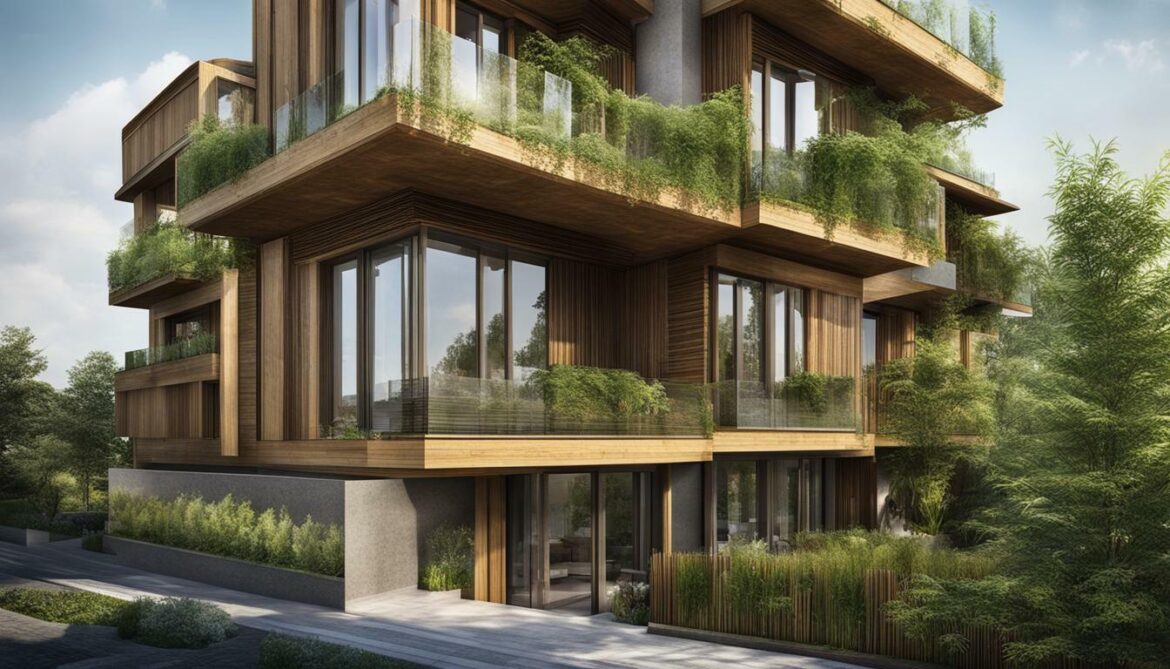
Overall, the use of sustainable materials in green building in Bulgaria is an important step towards achieving a more sustainable and environmentally friendly construction industry. With the support of government policies and regulations, as well as advancements in technology, Bulgaria is making significant progress in promoting sustainable practices in the building sector.
Energy Efficiency in Green Building Bulgaria
Energy efficiency is another key aspect of green building in Bulgaria. The country recognizes the importance of sustainability and is committed to reducing energy waste. By implementing energy-saving measures and utilizing renewable energy sources, green buildings in Bulgaria are designed to be highly energy-efficient and environmentally friendly.
One of the primary ways that green buildings in Bulgaria achieve energy efficiency is through the use of renewable energy sources. The country has an abundance of natural resources that can be harnessed to generate clean and sustainable energy. Solar panels and wind turbines are commonly integrated into the design of green buildings to provide electricity.
Insulation is another critical component of energy efficiency in green buildings. Proper insulation helps to reduce energy loss and maintain indoor temperature levels. Bulgaria uses high-quality insulated materials in construction to minimize heat transfer and improve energy efficiency.
Energy-efficient lighting systems are also a priority in green buildings in Bulgaria. LED lights are widely used due to their reduced energy consumption and longer lifespan compared to traditional lighting options. This helps to minimize energy consumption and reduce environmental impact.
Bulgaria has also implemented energy-efficient heating and cooling systems in green buildings. Advanced technologies such as heat pumps and geothermal systems are used to efficiently regulate indoor temperature while minimizing energy consumption. This helps reduce the carbon footprint and lower energy costs.
Furthermore, green buildings in Bulgaria often incorporate smart home automation systems. These systems allow occupants to control and monitor energy usage, optimizing energy efficiency. Automated lighting and HVAC controls help to further reduce energy waste.
To promote energy efficiency in green building, Bulgaria has established building codes and regulations that ensure new construction meets specific energy efficiency criteria. These standards include the use of renewable energy sources and efficient building materials.
Overall, energy efficiency is a top priority in green building practices in Bulgaria. The use of renewable energy sources, insulation, energy-efficient lighting, heating and cooling systems, and smart home automation help to create sustainable and energy-efficient buildings. Building codes and regulations ensure that these criteria are met, promoting a greener built environment and reducing overall energy consumption.
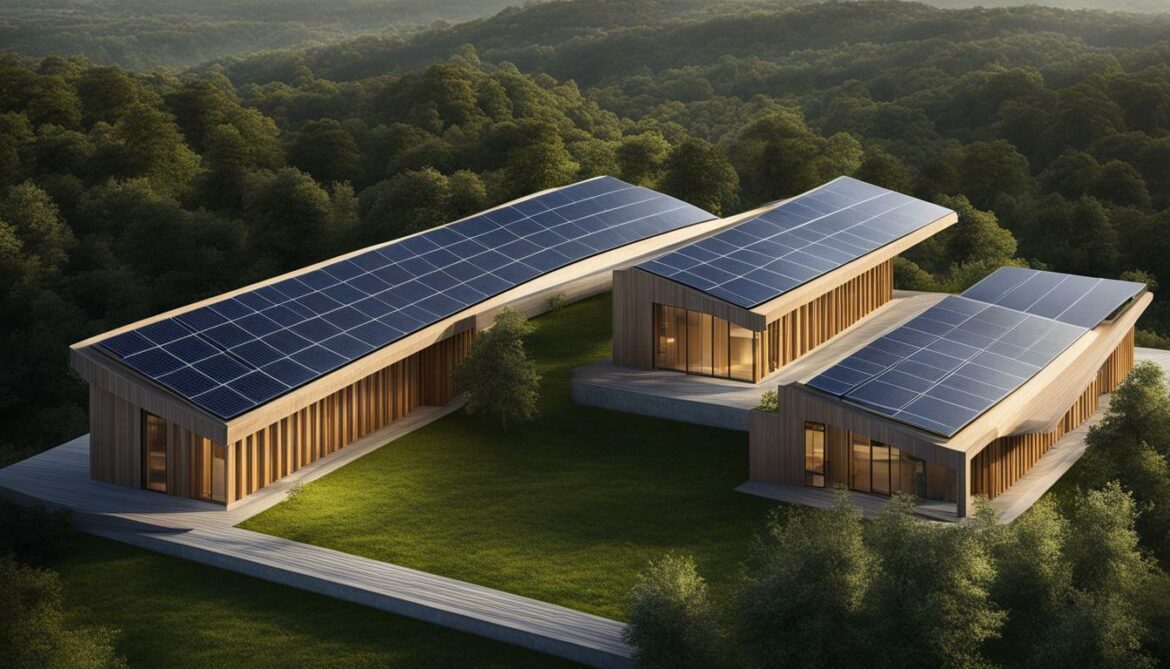
Sustainable Building Materials in Green Building Bulgaria
Furthermore, Bulgaria has embraced renewable energy sources to power its buildings. One of the most popular sources in the country is solar power. Solar panels, which convert sunlight into electricity, are widely installed in green buildings. Aside from solar power, wind power is also commonly used in Bulgaria. The country’s geographic position provides for ample wind resources that can be harnessed through wind turbines. Green buildings in Bulgaria also make use of geothermal energy to heat and cool buildings, while small-scale hydroelectric systems are integrated to provide a sustainable energy source.
Bulgaria is also known for investing in biomass energy for green buildings. Organic matter such as wood, crop residues, and agricultural waste can be burned or converted into biogas to produce heat and electricity. Biomass boilers or biogas plants are installed in green buildings to meet their energy needs.
The use of renewable energy sources in green buildings in Bulgaria significantly reduces carbon emissions and dependence on fossil fuels, promoting sustainability. The country’s focus on sustainable construction is reflected in the use of renewable energy sources, making green buildings a practical option for the future of construction in Bulgaria.

Water Conservation in Green Building Bulgaria
Water conservation is another area where Bulgaria is making significant progress. In green building projects throughout the country, water-efficient practices are being implemented to reduce water consumption and promote sustainable water management.
One important strategy for water conservation in green building projects in Bulgaria is the use of efficient plumbing fixtures and fittings. Low-flow toilets, water-efficient taps and showerheads, and waterless urinals significantly reduce water consumption without compromising functionality or user experience.
Rainwater harvesting systems are also commonly integrated into green building projects in Bulgaria. These systems collect rainwater from rooftops and other surfaces, which is then stored and used for non-potable purposes such as toilet flushing, irrigation, and cooling systems. Rainwater harvesting helps to reduce water consumption from the municipal supply and alleviate pressure on stormwater infrastructure during heavy rainfall.
Green buildings in Bulgaria also prioritize water reuse and recycling. Greywater systems treat and filter wastewater from sources such as sinks, showers, and laundry machines for reuse in flushing toilets or irrigation. This reduces the demand for fresh water and minimizes the discharge of wastewater into the sewer system.
Water-efficient landscaping is another important aspect of green building practices in Bulgaria. Native plants, mulching, and efficient irrigation systems that minimize evaporation and runoff are all used to reduce outdoor water usage and create sustainable landscapes that are well-adapted to the local climate.
Overall, water conservation is a fundamental aspect of green building practices in Bulgaria. By implementing efficient plumbing fixtures, rainwater harvesting, water reuse systems, and water-efficient landscaping, green buildings in Bulgaria strive to minimize water consumption and promote sustainable water management for a more environmentally friendly future.
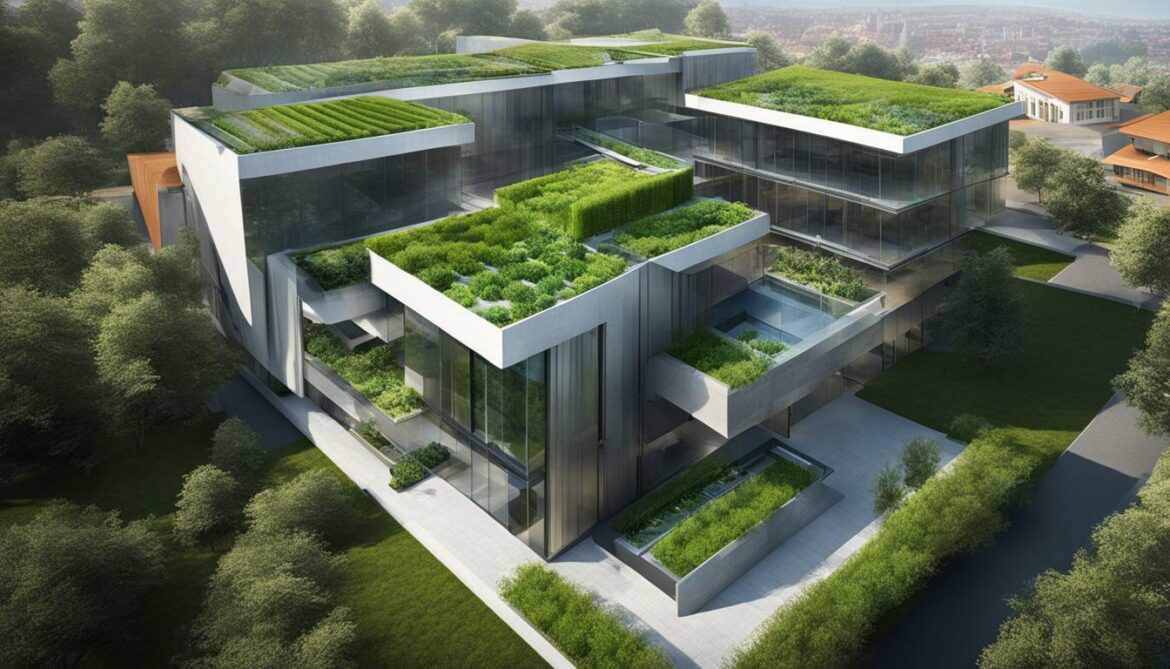
Indoor Air Quality in Green Building Bulgaria
Bulgaria is also focused on improving indoor air quality in its buildings. Indoor air quality is a crucial aspect of green buildings in Bulgaria. Green buildings aim to provide a healthier and more sustainable living environment for occupants, and one important factor is maintaining high indoor air quality.
In Bulgaria, there is increasing awareness about the importance of indoor air quality in green buildings. Several organizations and initiatives are working towards improving the air quality standards in buildings.
The Bulgarian Society for Sustainable Development is actively promoting green building practices and advocating for better indoor air quality. They organize workshops and seminars to educate architects, builders, and homeowners on the importance of proper ventilation systems and the use of low-emission materials.
One of the main challenges in maintaining good indoor air quality in green buildings is the use of materials with low levels of volatile organic compounds (VOCs). VOCs are chemicals that can be released from many building materials, furniture, and cleaning products, and they can contribute to poor indoor air quality.
To address this issue, the Bulgarian Green Building Council has introduced certification programs for green buildings, which include strict guidelines for indoor air quality. These programs encourage the use of low-emission materials and the implementation of effective ventilation systems to ensure a healthier indoor environment.
The government has also recognized the importance of indoor air quality in green buildings and has introduced regulations to enforce air quality standards. Building codes now require proper ventilation systems and the use of low-emission materials in new construction projects.
In addition to these efforts, some green building projects in Bulgaria have implemented innovative technologies to improve indoor air quality. These technologies include air filtration systems, air quality monitoring devices, and natural ventilation strategies.
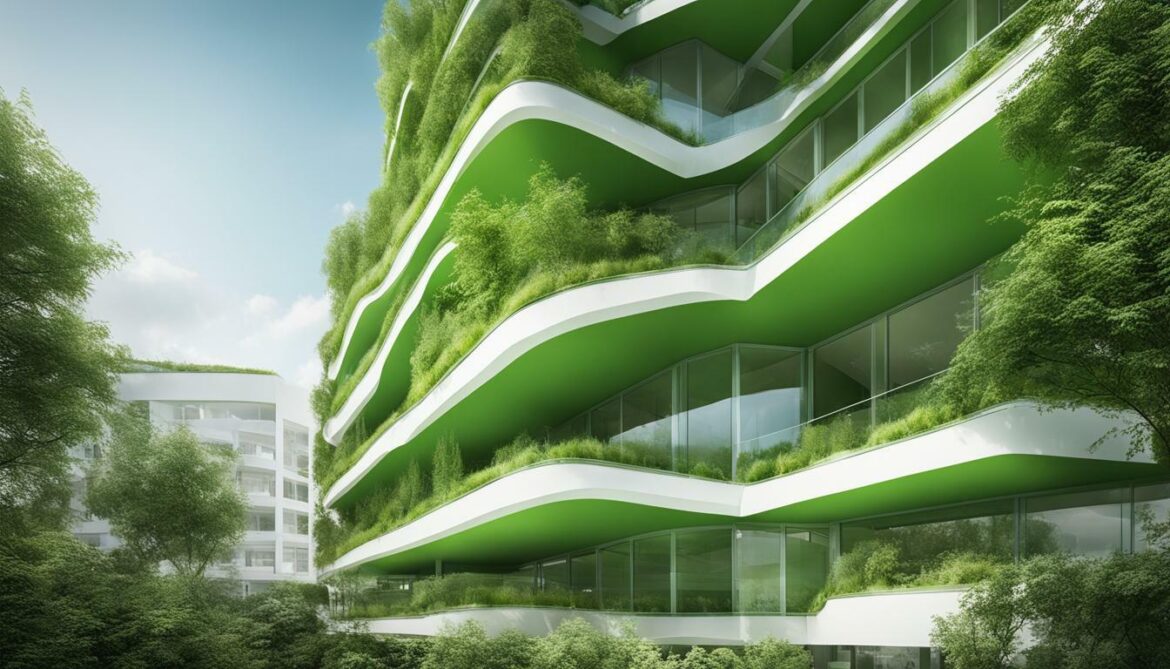
Overall, indoor air quality in green buildings is a key aspect of sustainable living in Bulgaria. With the efforts of various organizations and government regulations, there is a growing focus on ensuring healthier indoor environments through the use of low-emission materials and effective ventilation systems.
Policy and Regulation in Green Building Bulgaria
In terms of policy and regulation, Bulgaria has implemented several measures to promote green building practices. One of the key policies is the “Act on Energy Efficiency” which aims to improve energy efficiency in buildings. This policy requires new buildings and major renovations to comply with certain energy efficiency standards. It also provides financial incentives for energy-efficient building projects.
Another important policy is the “National Building Standard” which sets out the minimum requirements for building design and construction in Bulgaria. This standard includes provisions for sustainable materials, energy-efficient systems, and waste management.
In addition to these policies, Bulgaria has also established a certification system for green buildings called “BREEAM Bulgaria”. This certification is based on international standards and assesses the environmental performance of buildings in areas such as energy efficiency, water usage, and indoor air quality.
The Bulgarian government has also implemented regulations to promote renewable energy in buildings. These regulations require a certain percentage of the energy used in buildings to come from renewable sources, such as solar or wind power.
Overall, the policies and regulations in green building in Bulgaria play an important role in promoting sustainable development and reducing the environmental impact of the construction industry. These measures ensure that buildings in Bulgaria are designed and constructed in an energy-efficient and environmentally friendly manner.
Growth of the Green Building Sector in Bulgaria
The green building sector in Bulgaria has been growing steadily. With a focus on sustainable construction practices, there is an increasing demand for environmentally-friendly buildings in the country. The government has implemented policies and regulations to promote green building initiatives and encourage sustainable development.
One of the key factors driving the growth of the green building sector in Bulgaria is the awareness and concern for environmental issues. People are becoming more conscious of the impact of carbon emissions and the need for energy-efficient buildings. This shift in mindset has led to a surge in demand for green buildings that can offer higher energy efficiency, reduced water consumption, and improved indoor air quality.
Investments in sustainable infrastructure and green building projects have also contributed to the sector’s growth. Green building certification programs such as BREEAM (Building Research Establishment Environmental Assessment Method) are gaining popularity in Bulgaria. These certifications provide recognition for buildings that meet certain sustainability standards and attract investors looking to support environmentally-responsible projects.
Furthermore, the Bulgarian government has introduced various incentives and subsidies to promote green building practices. The National Renewable Energy Action Plan sets targets for renewable energy use and supports the development of energy-efficient buildings. Financial incentives, tax breaks, and grants are provided to developers and property owners who adopt sustainable building practices.
The construction industry in Bulgaria is increasingly recognizing the economic benefits of green building. Energy-efficient buildings not only reduce operational costs, but also enhance the market value of properties. As a result, developers and investors are incorporating sustainable building techniques into their projects to attract potential buyers and tenants who value environmentally-friendly properties.
The growth of the green building sector in Bulgaria has also created new job opportunities. The demand for professionals with expertise in sustainable construction practices, such as architects, engineers, and project managers, has increased. This growth in employment opportunities further contributes to the country’s overall economic development.
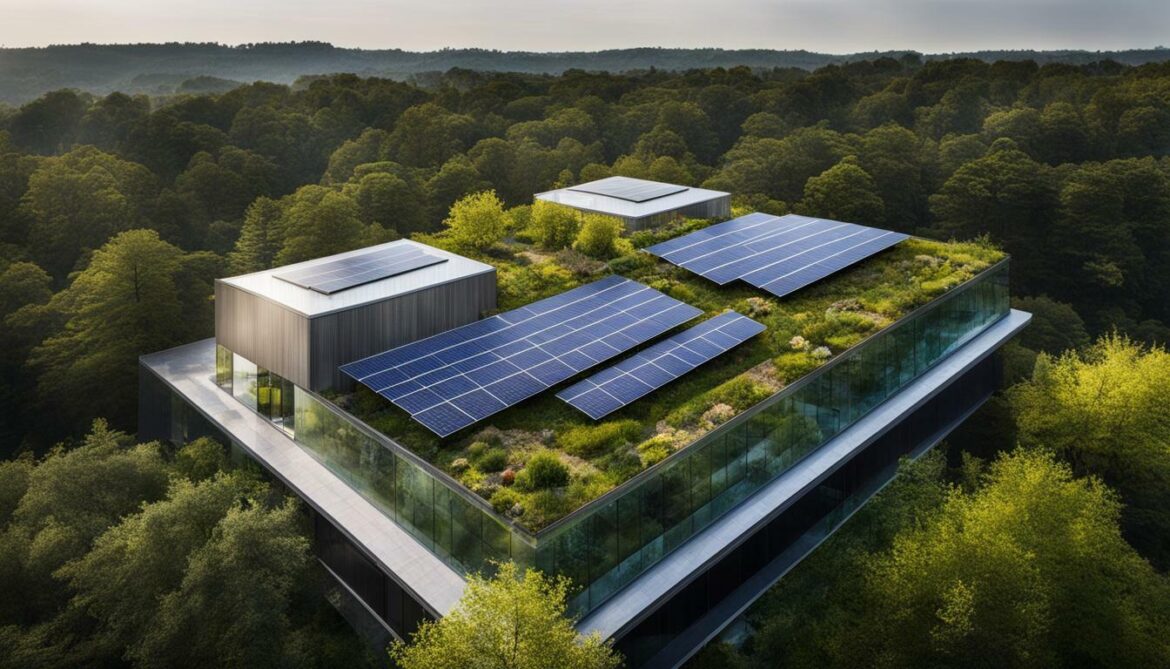
In addition, there are various educational programs offered by organizations such as the Bulgarian Green Building Council which are contributing to the growth of the sector. These programs provide training and certification for professionals seeking to specialize in sustainable construction practices.
Overall, the growth of the green building sector in Bulgaria is expected to continue as the country strives to meet its sustainability goals and develop a greener and more environmentally-conscious construction industry.
Conclusion
In conclusion, Bulgaria is at the forefront of green building innovations, with a strong focus on sustainability, energy efficiency, and environmental preservation. The country’s commitment to sustainable construction is evident in its use of eco-friendly materials, energy-saving measures, renewable energy sources, and water conservation efforts.
Moreover, Bulgaria has implemented policies and regulations that promote green building practices, providing financial incentives and building codes that encourage the use of sustainable materials and energy-efficient systems. The growth of the green building sector in Bulgaria is a testament to the country’s dedication to creating a healthier, more sustainable built environment.
As we draw a conclusion on the importance of green building in Bulgaria, it is clear that the country’s efforts to promote sustainable construction have far-reaching implications. Not only do green buildings have a positive impact on the environment, but they also provide numerous benefits for the health and well-being of occupants, including improved indoor air quality and increased natural light.
In summary, green building in Bulgaria is not only a means of sustainable construction but also a reflection of the country’s commitment to environmental preservation and a healthier built environment. As the green building sector continues to grow, it is crucial to remain critical and evaluate sources to ensure a well-informed and reliable conclusion on the topic.
FAQ
Q: What is green building?
A: Green building refers to the practice of constructing buildings in an environmentally responsible and resource-efficient manner. It involves using sustainable materials, implementing energy-saving measures, incorporating renewable energy sources, conserving water, improving indoor air quality, and adhering to relevant policies and regulations.
Q: Why is green building important?
A: Green building is important because it helps to reduce the environmental impact of construction and promote a healthier living environment. It can lower carbon emissions, conserve resources, improve energy efficiency, enhance indoor air quality, and support sustainable development.
Q: What are sustainable materials?
A: Sustainable materials are those that are renewable, recyclable, and non-toxic. Examples of sustainable materials used in green building include bamboo, cork, reclaimed wood, and recycled metal.
Q: How does green building improve energy efficiency?
A: Green building improves energy efficiency by implementing measures such as energy-efficient windows, insulation, and appliances. These features help to minimize heat loss or gain, reduce the need for excessive heating or cooling systems, and lower energy consumption.
Q: What are the benefits of renewable energy sources in green building?
A: Renewable energy sources, such as solar panels and wind farms, provide clean and renewable energy for powering buildings. They help to reduce greenhouse gas emissions, promote energy independence, and contribute to a more sustainable and resilient energy system.
Q: How does green building conserve water?
A: Green building conserves water through the use of water-saving fixtures, such as low-flow toilets and faucets. Rainwater harvesting systems are also implemented to collect and reuse rainwater for non-potable purposes like irrigation and toilet flushing.
Q: How does green building improve indoor air quality?
A: Green building improves indoor air quality by incorporating ventilation systems that ensure a constant supply of fresh air while filtering out pollutants. Non-toxic paint and building materials are used to prevent the release of harmful chemicals, and maximizing natural light reduces the need for artificial lighting.
Q: What policies and regulations promote green building in Bulgaria?
A: Bulgaria has a national strategy for sustainable development that includes goals and targets for energy efficiency and renewable energy. Building codes and regulations have been updated to require energy-efficient design and construction standards. Financial incentives, such as tax breaks and subsidies, are also provided to encourage green building practices.
Q: How is the green building sector growing in Bulgaria?
A: The green building sector in Bulgaria is growing steadily, with an increasing number of professionals and companies specializing in this field. Educational programs and training courses are being offered to increase awareness and knowledge of green building practices. Organizations like the Bulgarian Green Building Council are working to promote sustainable building practices and provide resources and support to the industry.



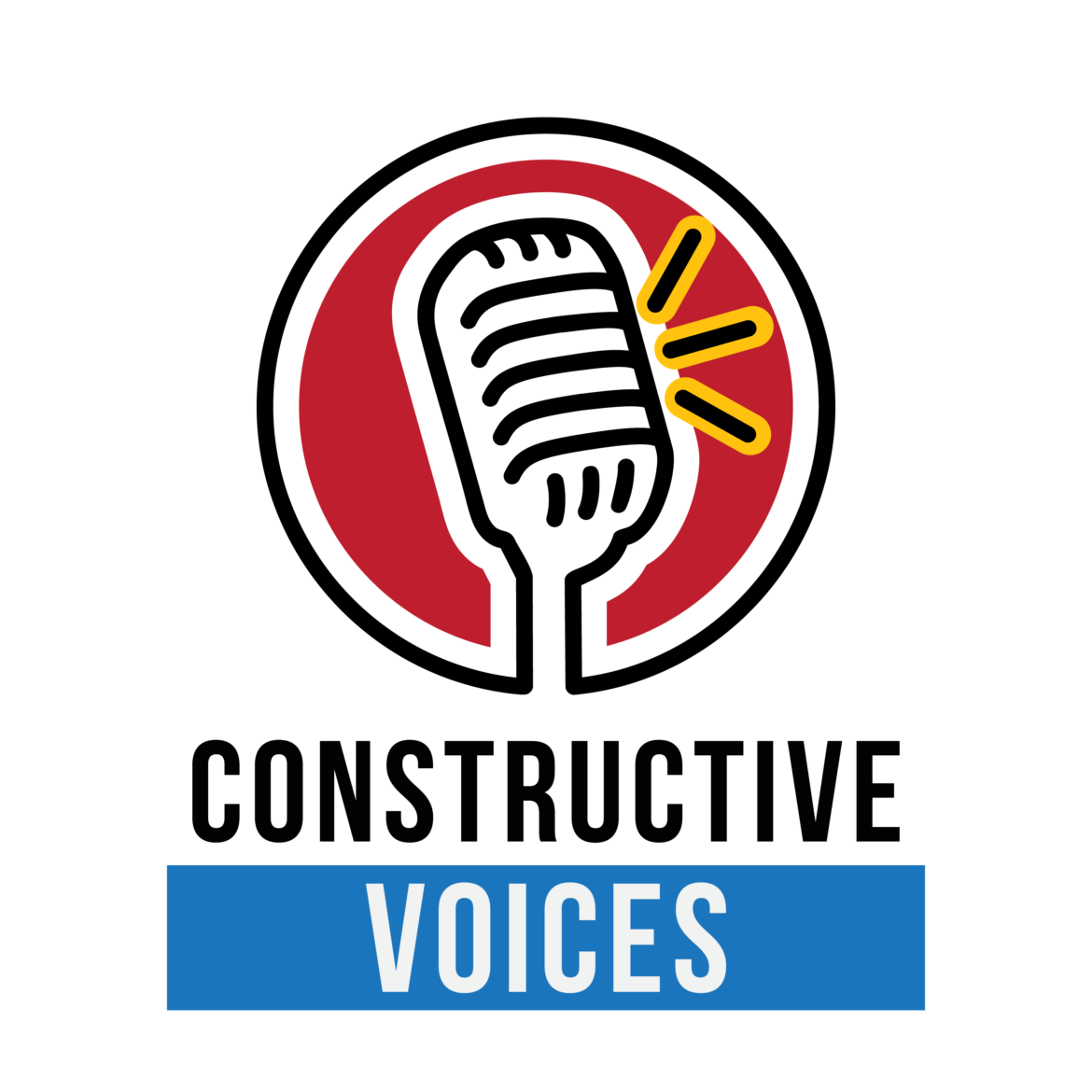


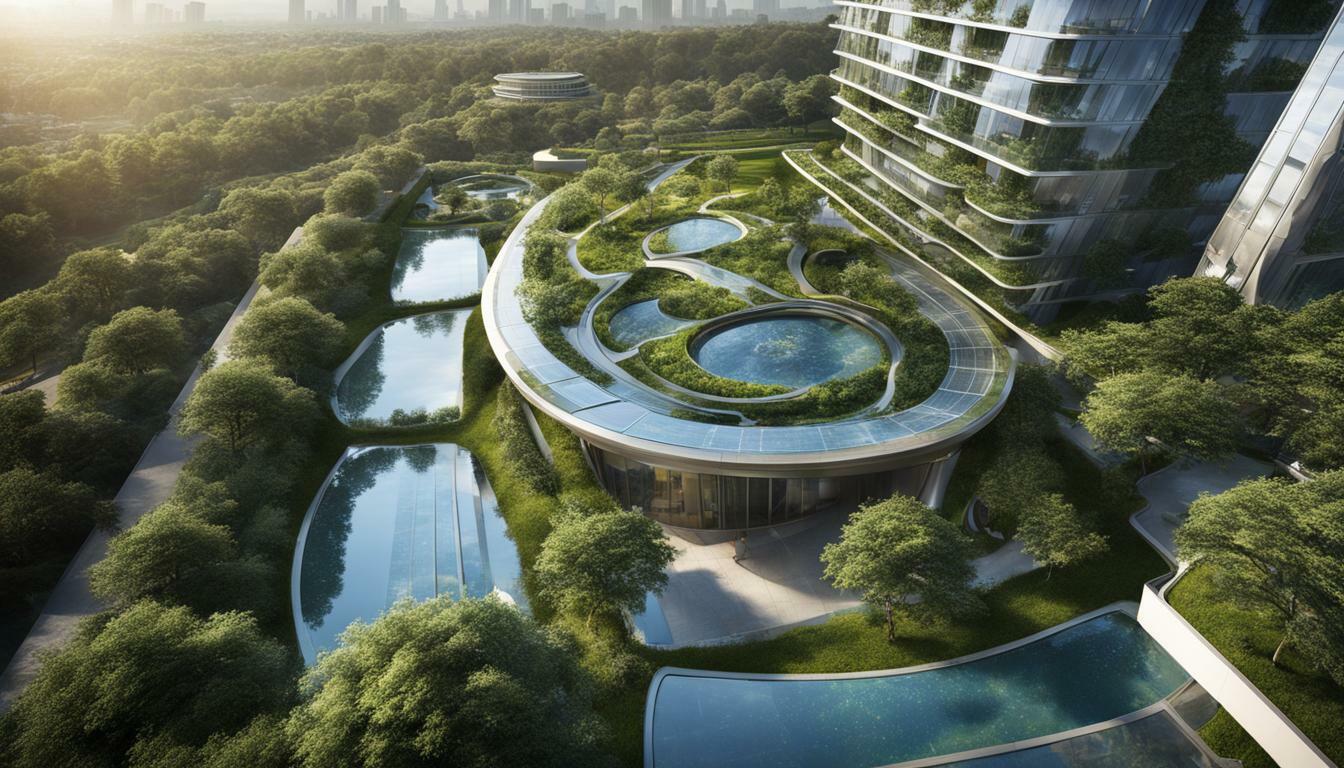






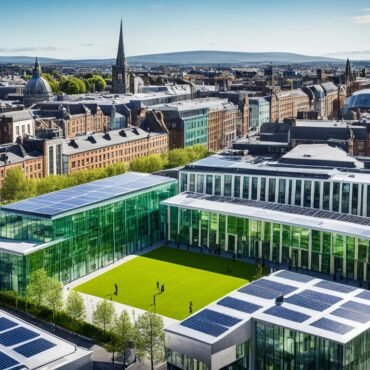
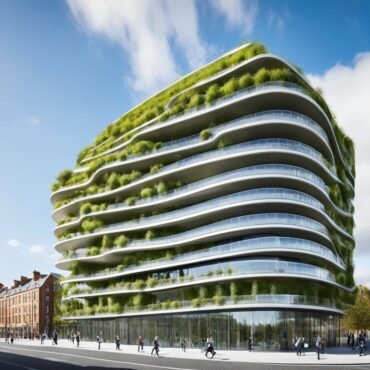




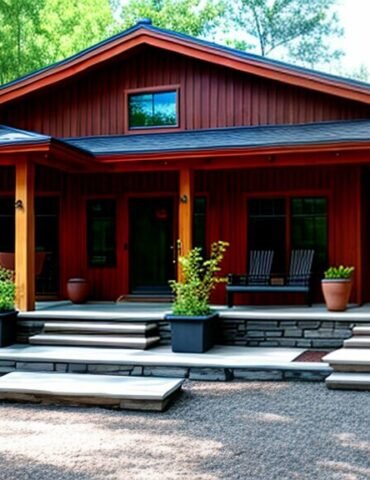

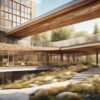
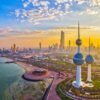

Post comments (0)